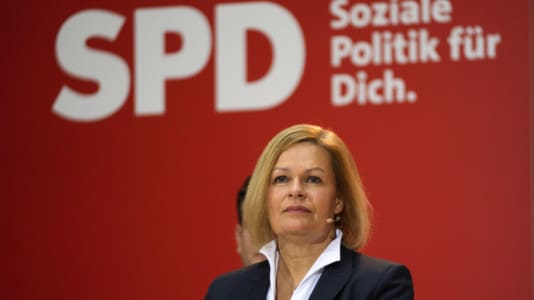The European Parliament adopted a resolution on Thursday requesting the European Council to commence the process of changing the blocs’ founding treaties, including a move away from consensus decision-making towards one based on a simple majority.
Such a treaty change would be a historical event in the history of the EU, and widely seen as benefitting the liberal-left’s push towards a European superstate, leaving smaller countries or countries that are opposed to the liberal mainstream on immigration, progressive values, European debt, healthcare and national sovereignty with far less power.
In the resolution which passed by 355 votes to 154, with 48 abstentions, MEPs called for changes to the EU treaties in the exercise of parliament’s right to revise the treaties in light of the current and recent crises. In their view, the rules on voting in the European Council should be reviewed in order to improve the union’s capacity to act. Among other things, unanimity should be replaced with qualified majority, for example in the area of sanctions, in the case of so-called bridging clauses and emergencies.
Recently, Hungary scored a major victory in the European Council as it managed to acquire an exemption for itself and other member states dependent on Russian oil delivered via pipelines from the sixth embargo package against Russia. However, this was only possible with Hungary’s veto threat. If the EU were to remove the veto and adopt a qualified majority, it is very possible Hungary would have been unable to secure the exemption. In regard to other important policy areas in Europe, such as immigration, Hungary would have also been unable to resist migrant quotas in 2016 during the migrant crisis.
According to the European Parliament, EU competences need to be modified, in particular in the field of defense, social and economic policy, cross-border health threats, energy efficiency, and renewable energy, in accordance with international agreements to mitigate climate change.
The European Parliament should have the power to initiate, amend and repeal legislation, and become a full co-legislator during the budgetary procedure, MEPs emphasized. The resolution stated that the procedure for protecting the fundamental values of the union should be strengthened and that the manner of determining and penalizing infringements should be clarified.
The European Parliament resolution will now be submitted to the heads of state or government of the 27 EU member states. The leaders of the member states can decide by a simple majority to call for a convention of MEPs, commissioners and EU leaders. According to the European Parliament, this is necessary in order to meet citizens’ expectations as soon as possible, based on the outcome of the conference on the future of Europe.






